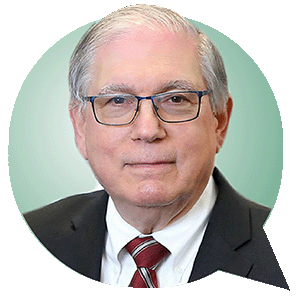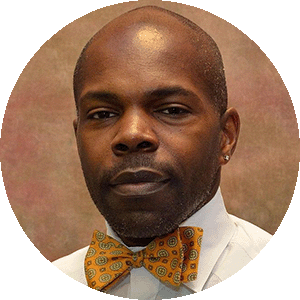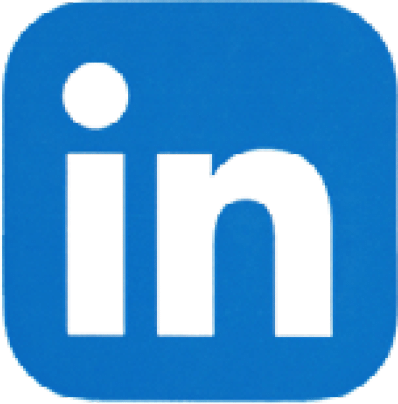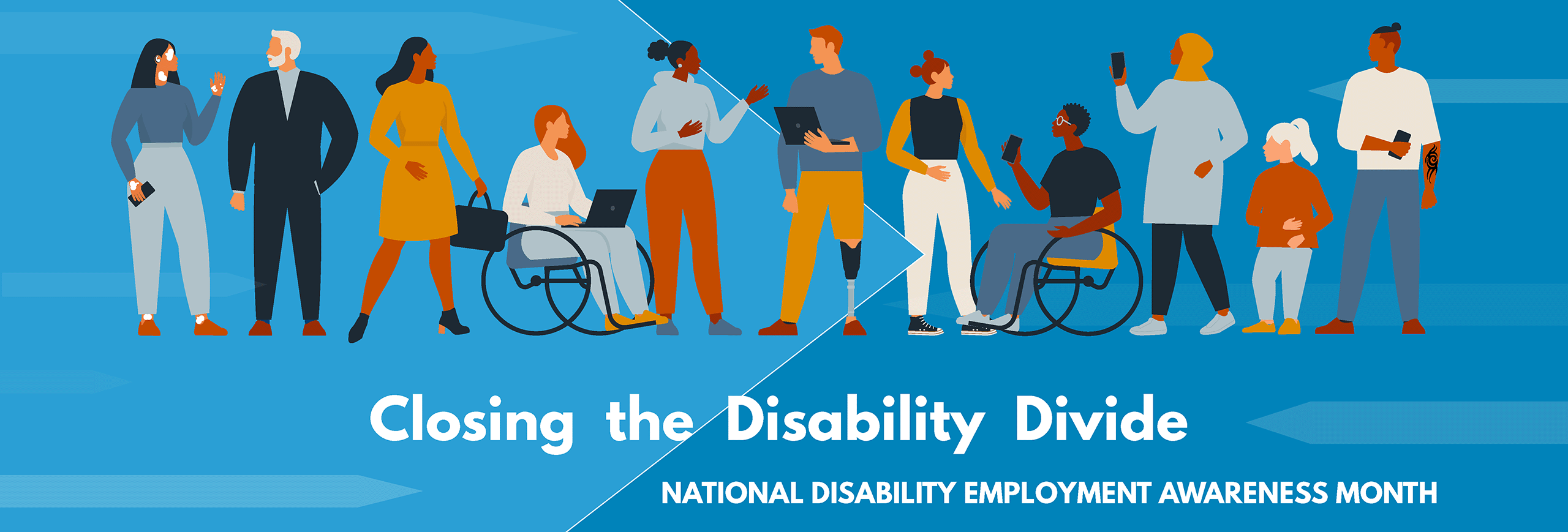
A Message from the Strategist
Nothing About Us Without Us
All too often, people with disabilities are relegated to the sidelines in conversations about issues that directly affect us–everything from individual circumstances to major policy decisions…In far too many situations, it doesn’t seem to occur to nondisabled people that disabled people can and do have our own thoughts, viewpoints, and opinions…So please, don’t speak for us, about us, or over us. Speak to us and with us.
– Emily Ladau, Demystifying Disability (pg. 144)
Over 67 million people in the United States have a disability, constituting the largest diversity group in the country. Despite decades of advocacy and struggle, people with disabilities continue to experience significant gaps in health and well-being, educational attainment, employment, and wealth compared to people without disabilities. These gaps have been termed the “disability divide.” The purpose of this year’s National Disability Employment Awareness campaign is to educate NIH staff regarding the divide and celebrate NIH staff who help close the disability divide by advocating for people with disabilities.
The slogan “Nothing About Us Without Us” and the quote above convey that disability inclusion is key to closing the disability divide. At NIH, awareness of disability and disability issues is growing. We must now turn this awareness into action and ensure that people with disabilities are included not only in DEIA efforts but in all NIH activities. It is all of our responsibility to ensure that NIH is an equitable, inclusive, and accessible place for people with disabilities. A place where we belong.

David Rice
Principal Strategist
People with Disabilities Portfolio
Activities & Events
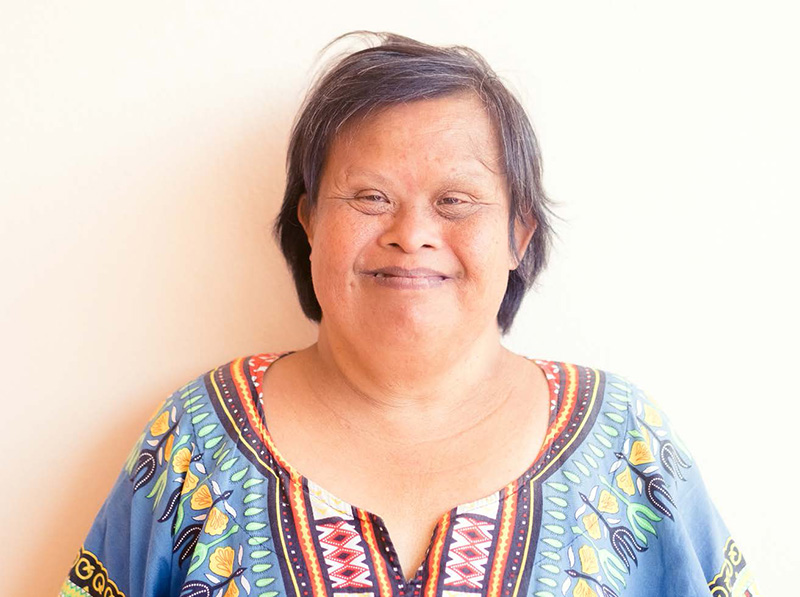
Disability Rights Comes to Medicine
Featuring Rebecca Cokley
Tuesday, October 4, 2022 | 12 - 1 pm EDT
For many disabled people, the most pressing issue they consider when making a major life decision is the impact of that decision on their health. Unfortunately, the healthcare system is grounded in ableism, often harming disabled people and silencing them instead of centering them in their care. Join us to discuss how utilizing a disability rights and justice framework can shift the healthcare system for the benefit of our patients, providers, and researchers.
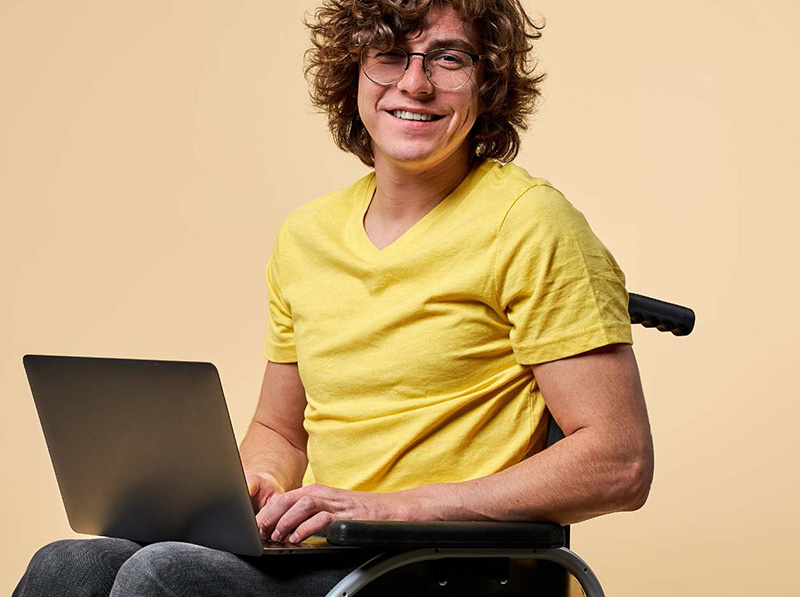
Irreducible Subjects: Disability and Genomics in the Past,
Present, and Future Symposium
Thursday, October 6 - Friday, October 7, 2022 | 10 am - 4:30pm EDT
The National Human Genome Research Institute (NHGRI) and the University at Buffalo Center for Disability Studies will hold a two-day symposium entitled, “Irreducible Subjects: Disability and Genomics in the Past, Present and Future.”
This event aims to develop a fuller account of the lives and experiences of people with disabilities. Conversations will link disability rights to wider NIH discussions and around inclusivity, intersectionality, equity and social justice.

Intersectionality and Disability Panel Discussion
Wednesday, October 12, 2022 | 12 - 1 pm EDT
Please join the NIH Office of Equity, Diversity, and Inclusion for a panel discussion regarding Intersectionality and Disability. Intersectionality refers to the ways in which systems of inequality based on gender, race, ethnicity, sexual orientation, gender identity, disability, class and other forms of discrimination “intersect” to create unique dynamics and effects. Panelists with disabilities will share their unique lived experiences with intersectionality and provide recommendations for addressing intersectional discrimination at NIH.
Panelists include Members of the NIH Disability Engagement Committee and Jennifer Lee, Executive Director for the Asian Americans with Disabilities Initiative.
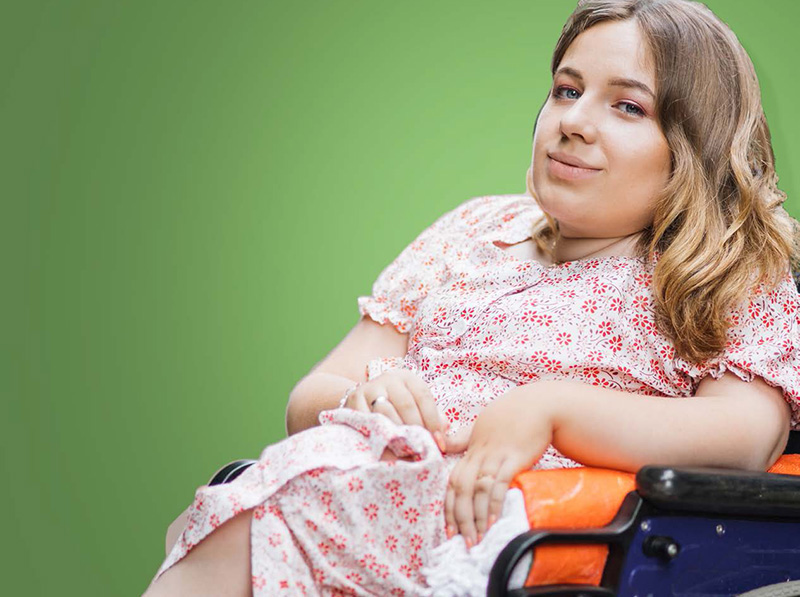
Innovating through the Lens of Disability
featuring Mary Bellard, Principal Architect Lead at Microsoft
Wednesday, October 19, 2022 | 12 - 1 pm EDT
Come learn about projects where people with disabilities elevate innovation, ignite the growing Microsoft AI for Accessibility community, and demonstrate the true value of inclusive technology.
Featuring Mary Bellard, the Principal Innovation Architect Lead at Microsoft. There, she leads the accessibility innovation program to bring more inclusive and revolutionary ideas to market, and manages the Microsoft AI for Accessibility program.
NIH Champions and Allies of Disability Awards Ceremony
October 26, 2022 | 12:00 - 1:00 PM EDT
Please join us for the Fourth Annual NIH Champions and Allies of Disability Award Ceremony! These awards honor individuals and groups at NIH who have made outstanding contributions towards the advancement of people with disabilities in the NIH community. This year, six awardees from across NIH have been selected:
Opening remarks will be given by NICHD Deputy Director Alison Cernich. Each awardee will then be introduced and recognized for their accomplishment. Come celebrate your colleagues and their contributions to advancing disability inclusion and accessibility at NIH!
Featured Blogs
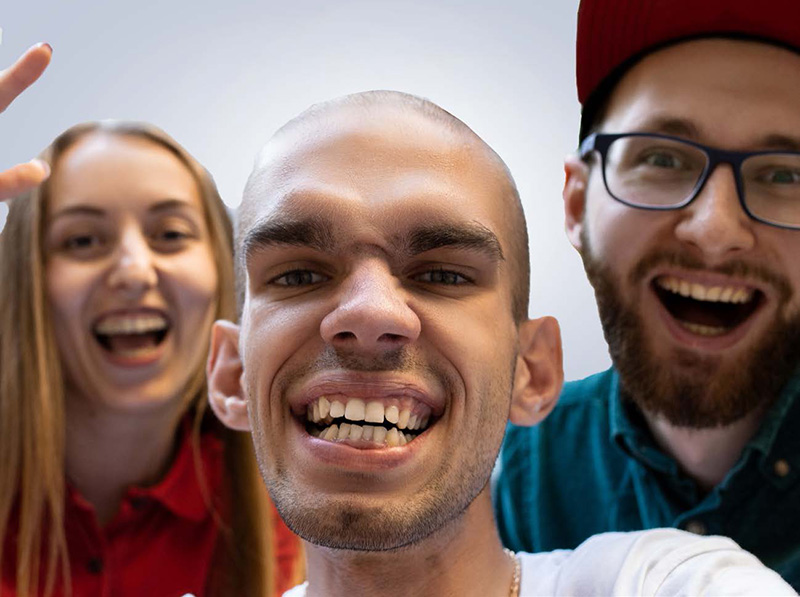
Irreducible Subjects: Disability and Genomics in the Past, Present and Future
by
Eric D. Green, M.D., Ph.D.
Director, National Human Genome Research Institute
Sara Bates, M.S.
Communications Chief, National Human Genome Research Institute
Christopher Donohue, Ph.D.
Historian, National Human Genome Research Institute
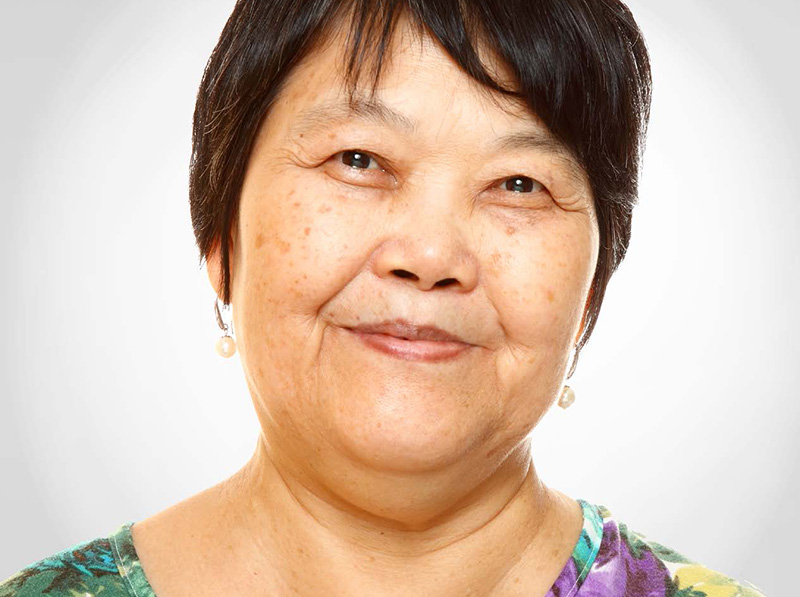
Intersectionality in the Disability Justice Movement: A Spotlight on the Disabled Asian American Experience
by
Jennifer Lee
Executive Director, The Asian Americans with Disabilities Initiative


